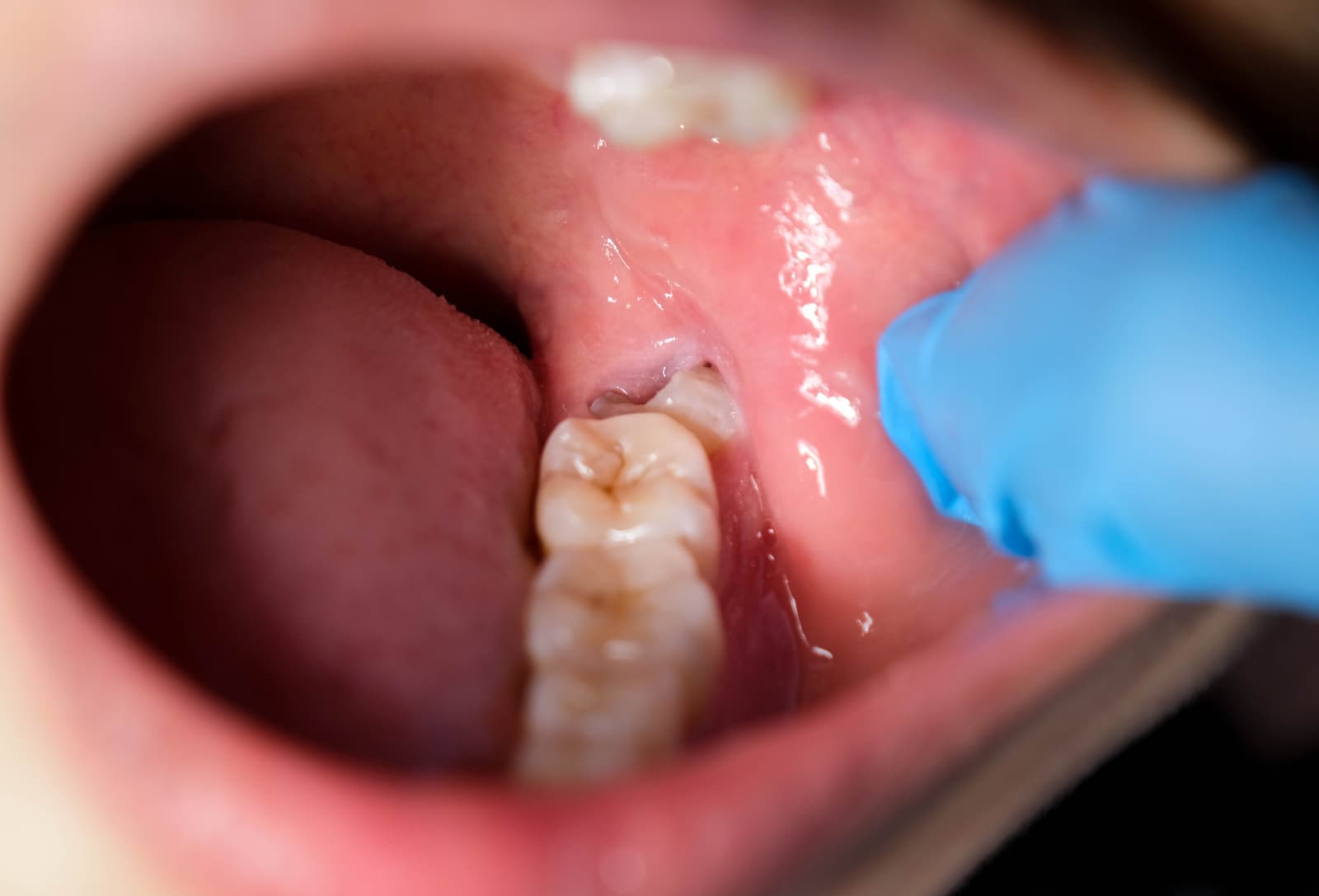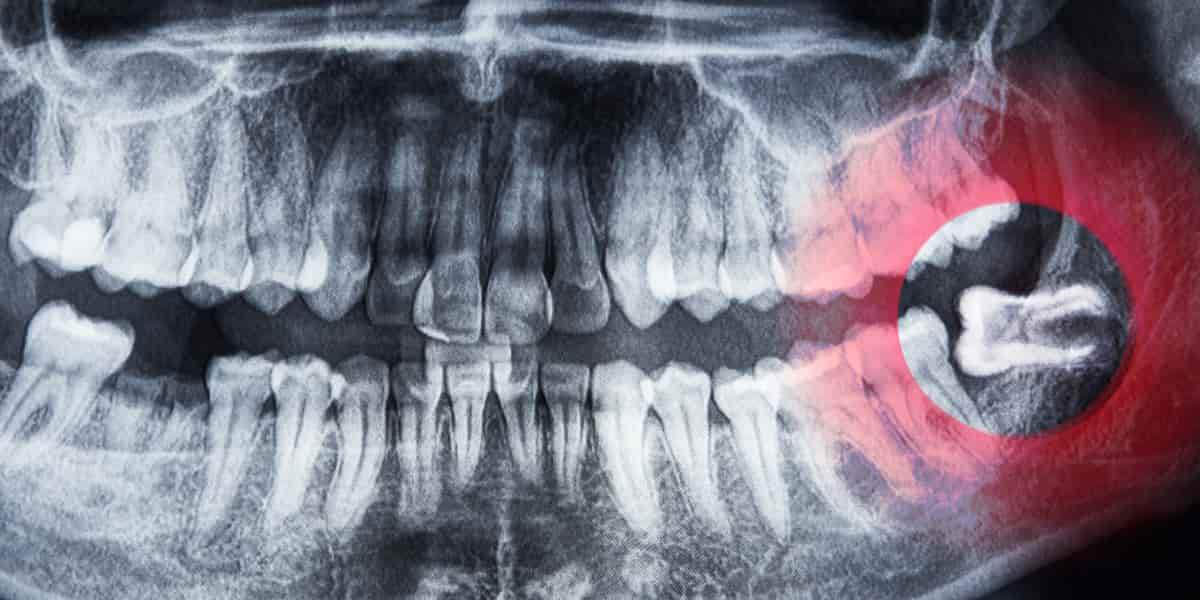TEETH - STRAIGHTENING TREATMENT
SERVICES
RESOURCES
SHOP
MEDICAL CERTIFICATIONS
Certifications ensuring safety, quality, and compliance with global standards.
Certifications ensuring safety, quality, and compliance with global standards.
Wisdom teeth, also known as third molars, are the final set of teeth to emerge in your mouth, usually between the ages of 17 and 25. While some people experience no issues, others may develop complications such as pain, infection, or crowding due to limited space in the jaw.
In this article, we’ll explore what wisdom teeth are, who gets them, common issues they cause, and how to know when removal is the right choice.
The short answer is no – not everyone has wisdom teeth. While the majority of adults develop wisdom teeth, there is a significant portion of the population that either never develops them or only develops one or two. Many adults have their wisdom teeth missing entirely.
No, removal isn’t always necessary. If your wisdom teeth are:
…then your dentist may recommend leaving them in place.
Routine check-ups and X-rays help monitor their condition over time. Extraction is typically only advised when the wisdom teeth cause or are likely to cause problems.

Your dentist may recommend wisdom tooth removal if you experience:
If you are experiencing any of these problems mentioned above, your dentist will likely recommend that you have your wisdom teeth removed.
The ideal age for wisdom teeth removal typically falls between 16 and 25 years old. During this period, the roots haven’t fully formed, making extraction less complex and leading to a smoother recovery. The lower risk of damaging nearby nerves or tissues is attributed to the wisdom teeth not being firmly anchored in the jawbone.
While the age range provides general guidance, there’s no strict cut-off age for wisdom teeth removal. You can still have them addressed by an oral surgeon later in life if they become problematic.

In summary, wisdom teeth don’t always need to be removed, but they should be monitored carefully. Early detection of potential issues can save you from pain, infection, or damage to other teeth.
Not sure if you need to remove your wisdom teeth? Book a consultation with DCA Dental Clinic today. We’ll assess your oral health and guide you on the best next steps, whether that’s removal or simply keeping a close eye on things.
Get a free consultation with your orthodontist today to explore your options and take the first step towards achieving the smile of your dreams. Your journey to a confident smile starts now!
Many parents wonder when the right time is to fix their child’s teeth. Should you wait until all adult teeth ...
16 February 2026
Brushing your teeth while wearing braces is a bit more challenging than brushing natural teeth alone, but it’s essential for ...
9 February 2026
Watching your child’s smile develop can be exciting, but it can also be a little concerning if you notice crooked ...
3 February 2026
As a parent, it’s natural to wonder when, or if, your child needs orthodontic treatment. Many parents assume braces or ...
29 January 2026
Dental Bridges in Malaysia: Types, Prices & Mouth Bridge Cost Missing teeth can affect more than just your appearance. They ...
26 January 2026

